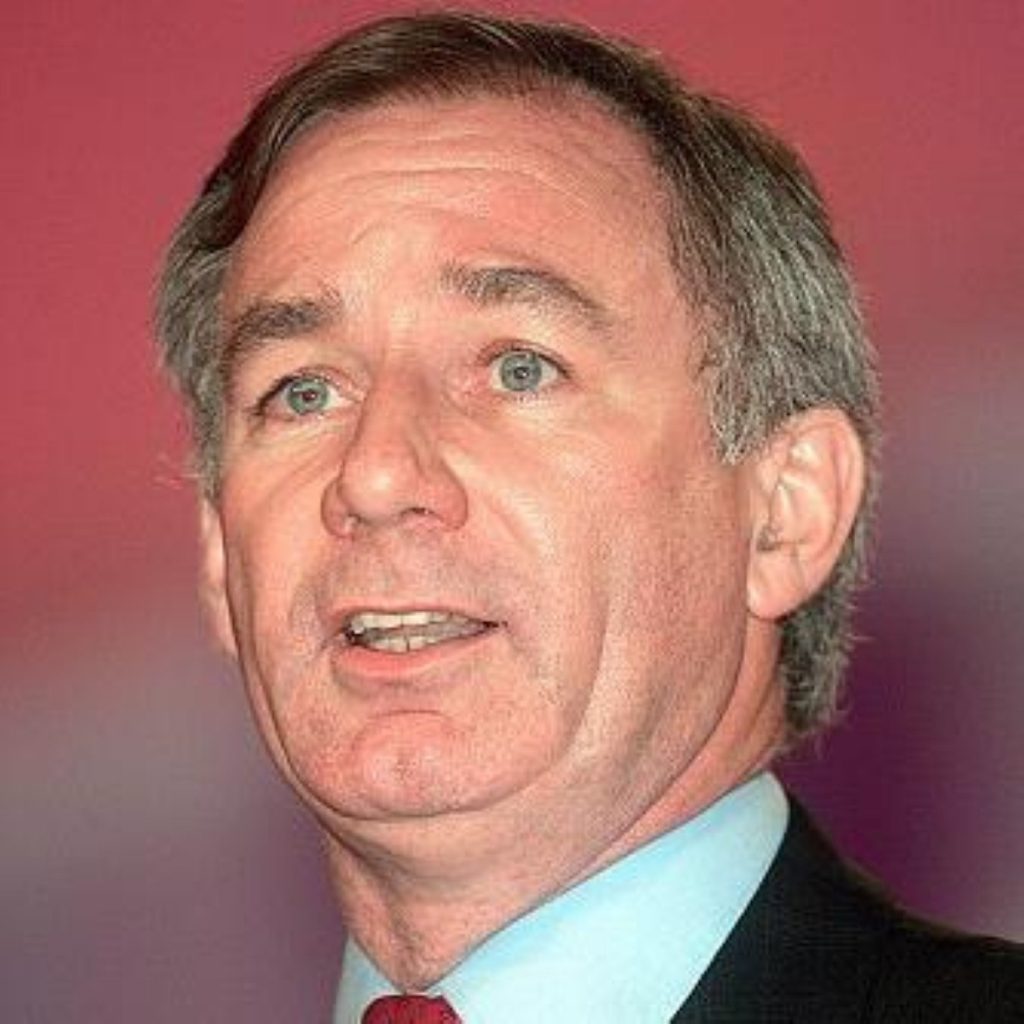Sketch: Who’s Hoon?
Most men would be content with removing the leaders of totalitarian Middle Eastern states. Not Geoff Hoon, who has recently felt the need to attempt to topple prime ministers of well-established democracies.
The MP for Ashfield has had a political career full of ups and downs. His role in the successful 2003 invasion of Iraq should have been counted as one of the ups. He managed to get out of the job just as things were starting to turn nasty in 2006, to boot.
After today, however, it appears the kudos attached to his involvement has taken a significant knock. This is too bad as it fails to detract from his role in the unsuccessful 2010 invasion of Downing Street.


In fact the extent of Hoon’s pitiable lack of insight was laid bare when, while answering questions to the Iraq inquiry, his primary source of information was Alastair Campbell’s evidence last week.
You might have thought that, as defence secretary, Hoon might be able to drum up something a bit more useful. A brief chat with Tony Blair, perhaps, or a memo with a senior No 10 official.
Alas, no. What became painfully clear this morning was the extent to which Hoon was isolated from the decisions that mattered. This is not to distract from his no doubt admirable administration of his department. But when it comes to international power politics, it seems clear much of the plotting was taking place well over the head of our poor hero.
At first Hoon attempted to disguise these weaknesses. “What did the prime minister tell you about his discussions with President Bush?” Sir Roderic Lyne asked him. “I don’t think he told me anything,” Hoon rushed out, hoping no one would notice, before claiming everyone in government was preoccupied with Afghanistan anyway. “I’m sure you’re right, but this inquiry is about Iraq,” Sir Roderic said firmly.
Following this initial setback the resistance crumbled. Sir Christopher Meyer, Britain’s ambassador in Washington DC at the time, had informed the inquiry he was offering a “big package” of military support during 2002. Hoon meekly admitted he hadn’t a clue this was going on. He went further, explaining how after the Bush-Blair summit in Crawford the MoD’s feelings were bruised by American disinterest in involving the Brits in military planning.
“We were a little disappointed we hadn’t immediately received a request from the US to send someone,” he snivelled. “There was quite a long period of wondering what was going on.”
This appears to be something of a theme in Hoon’s career in government. It was summed up when he sought to explain why he was assuredly “in the loop” over Tony Blair’s communications with George Bush. He was sure it didn’t happen, he explained, because he had not heard about it. The inquiry committee members, in exact synchronicity, slowly raised their eyebrows.

